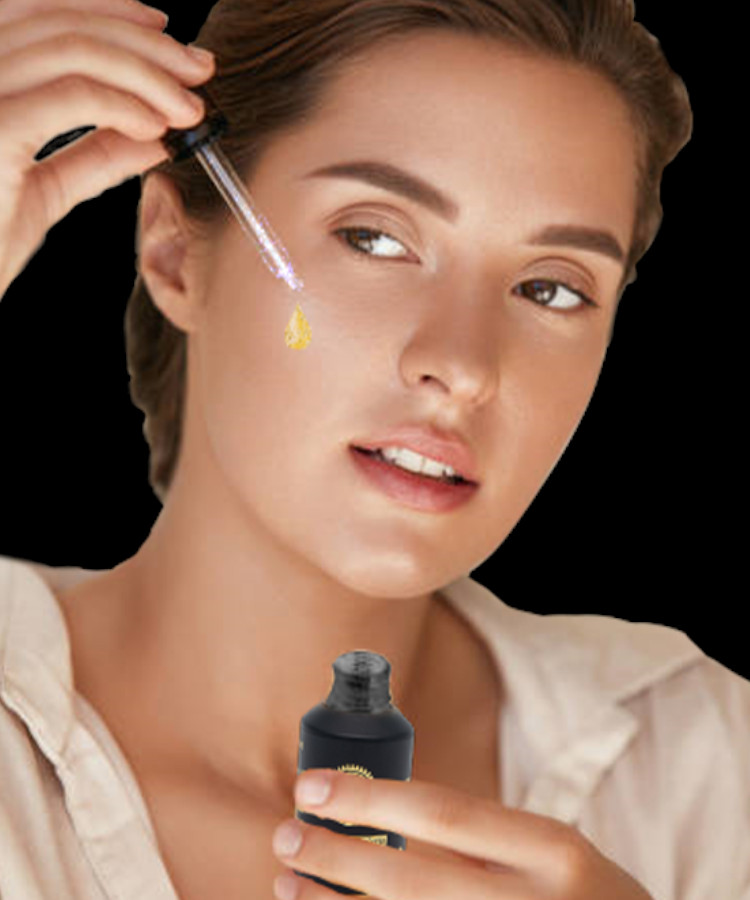HOW EATING RIGHT CAN HELP YOUR SKIN LOOK HEALTHIER
Perhaps you have heard that applying creams, moisturizers, and regular exfoliating helps your skin look healthier. You might even have heard that drinking water and keeping the body hydrated is important for younger-looking, healthy skin. These things are true, but many people forget that what you eat can also have a significant impact on your skin.
Your skin, being the largest organ, and even in the wintertime some of it is visible. The skin on your face is usually the first thing people see when they meet you. So it makes sense to keep this important organ in top shape. Here are some tips for how eating right can help your skin have a healthy look.
Vitamins and Minerals
Vitamin A is considered to be a very important vitamin for skin health. Carrots and other colorful vegetables have a lot of this vitamin. However, experts recommend low-fat dairy products for vitamin A, because it is said to be more readily absorbed in the form found in dairy foods. Low-fat yogurt is particularly recommended. In fact, plain yogurt is often an ingredient in topical skin preparations.
Vitamins C and E are also said to be important for skin health. They are considered antioxidants, which are discussed below. Vitamin C is found in citrus foods, bell peppers, tomatoes, and cantaloupe. Vitamin E occurs in avocados and most nuts and seeds.
Antioxidants
Health professionals across the board are recognizing the importance of antioxidant foods in the diet, and how these antioxidants affect skin health is coming to light. In Traditional Chinese Medicine (TCM), the skin is said to be an indicator of a person liver and other digestive organs. This makes sense, as the liver stores toxins that enter the body to keep them from circulating and causing harm. Antioxidants help boost liver health and, in turn, skin health.
Another way that antioxidants in the diet may help the skin is by protecting the skin cells themselves. Damage from free radicals pesky molecules that form as a result of toxin exposure, as a by-product of certain body processes, or from sun exposure may be prevented by antioxidants in the diet. So eating foods rich in antioxidants may help prevent this free radical damage from occurring. Antioxidant-rich foods include berries, pinto beans, artichokes, and tea.
Fats and Oils
Remember when your dermatologist told you not to eat greasy foods, as that could worsen acne? But fat intake does have a place in a healthy skin diet as long as it is beneficial fat. The fatty acids found in salmon, nuts, seeds, and some oils (such as olive and canola) help build strong cell membranes. They also help the body digest and use fat-soluble vitamins, such as the aforementioned vitamin A and also vitamin D, another vitamin associated with healthy skin.
What to Avoid
Deep-fried foods are said to aggravate acne (your dermatologist was probably right on this one!). Empty calories and junk food may not cause skin problems directly, but these void calories do not provide the nutrients your skin needs to be healthy. They also fill you up so there is no room for healthy foods.




Get the latest beauty tips,news,product notification and exclusive promotions in your box!
Subscribe to our Newsletter, we are excited for you. Be part of our mailing list by simply signing up below!
One Response